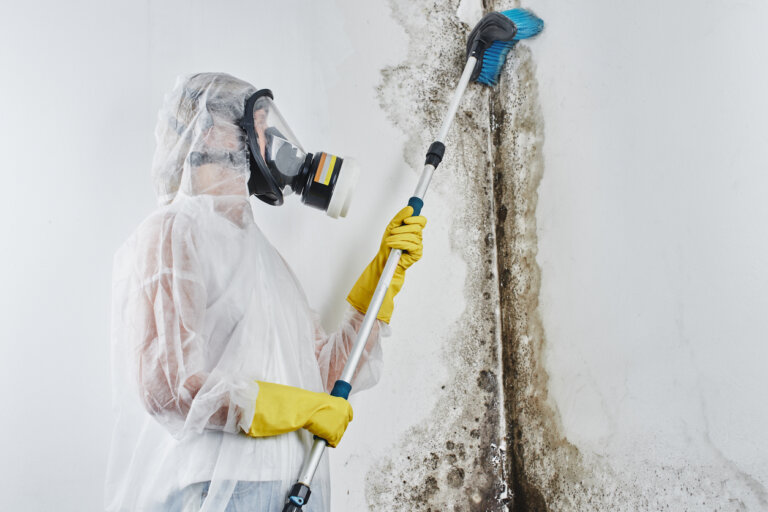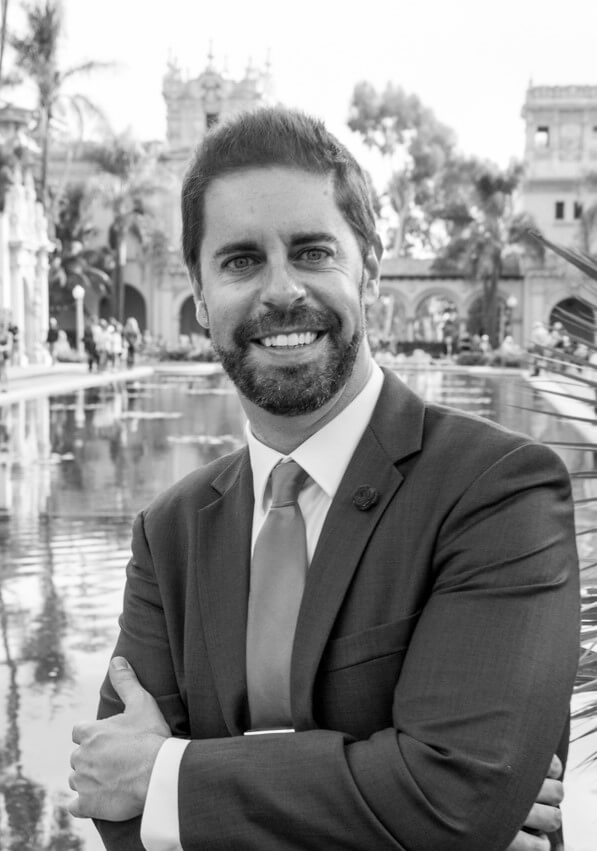Mold is a common problem in many buildings, and it can pose a serious health risk to those who are exposed to it. Mold inspectors play an important role in identifying and addressing mold problems, and they can help property owners and tenants to prevent mold growth and minimize health risks. In this article, we’ll explore the role of mold inspectors, what they do, and why they are so important.
What is a Mold Inspector?
A mold inspector is a professional who is trained to identify and assess mold problems in buildings. Mold inspectors typically have a background in building science, environmental science, or a related field, and they have specialized training in identifying mold growth and determining the source of the problem. They use a variety of tools and techniques to detect mold, including visual inspections, air sampling, and moisture meters.
What Do Mold Inspectors Do?
Mold inspectors play a critical role in identifying and addressing mold problems in buildings. Here are some of the key tasks that mold inspectors perform:
- Visual Inspections: Mold inspectors will start by visually inspecting the building for signs of mold growth. This may involve inspecting the walls, floors, ceilings, and other surfaces for discoloration, staining, or other signs of mold.
- Air Sampling: Mold inspectors may also use air sampling to detect mold spores in the air. They will use specialized equipment to collect air samples from different areas of the building, and then analyze the samples in a laboratory to determine the type and concentration of mold spores present.
- Moisture Testing: Mold thrives in damp environments, so mold inspectors will also test for moisture levels in the building. They may use moisture meters to test the humidity levels in the air, as well as to detect moisture in walls, floors, and ceilings.
- Source Identification: Once the mold inspector has identified the presence of mold, they will work to determine the source of the problem. This may involve identifying leaks or other sources of water damage that are contributing to mold growth.
- Reporting: Finally, mold inspectors will provide a detailed report of their findings to the property owner or tenant. This report will include information about the type and extent of mold growth, as well as recommendations for remediation and prevention.
Why Are Mold Inspectors Important?
Mold inspectors play a critical role in identifying and addressing mold problems in buildings. Here are some of the key reasons why mold inspectors are so important:
- Health Risks: Mold can pose serious health risks to those who are exposed to it, including respiratory problems, allergies, and other health issues. Mold inspectors can help to identify and address mold problems, minimizing these health risks.
- Property Damage: Mold growth can cause extensive damage to buildings, including structural damage and damage to personal belongings. Mold inspectors can help to identify and address mold problems before they cause significant property damage.
- Legal Liability: Property owners and tenants have a legal responsibility to maintain a safe and habitable living environment. If they fail to address mold problems, they may be held liable for any health problems or property damage that results.
- Prevention: Mold inspectors can also help to prevent mold problems from occurring in the first place. By identifying and addressing sources of moisture and other contributing factors, mold inspectors can help to prevent mold growth from occurring in the future.
Conclusion
Mold inspectors play a critical role in identifying and addressing mold problems in buildings. They use a variety of tools and techniques to detect mold, including visual inspections, air sampling, and moisture testing. By identifying and addressing mold problems, mold inspectors can help to minimize health risks, prevent property damage, and prevent legal liabilities. If you suspect that you have a mold problem in your building, it is important to hire a qualified mold inspector to assess the problem and recommend appropriate remediation and prevention. Reach out to our office today.


